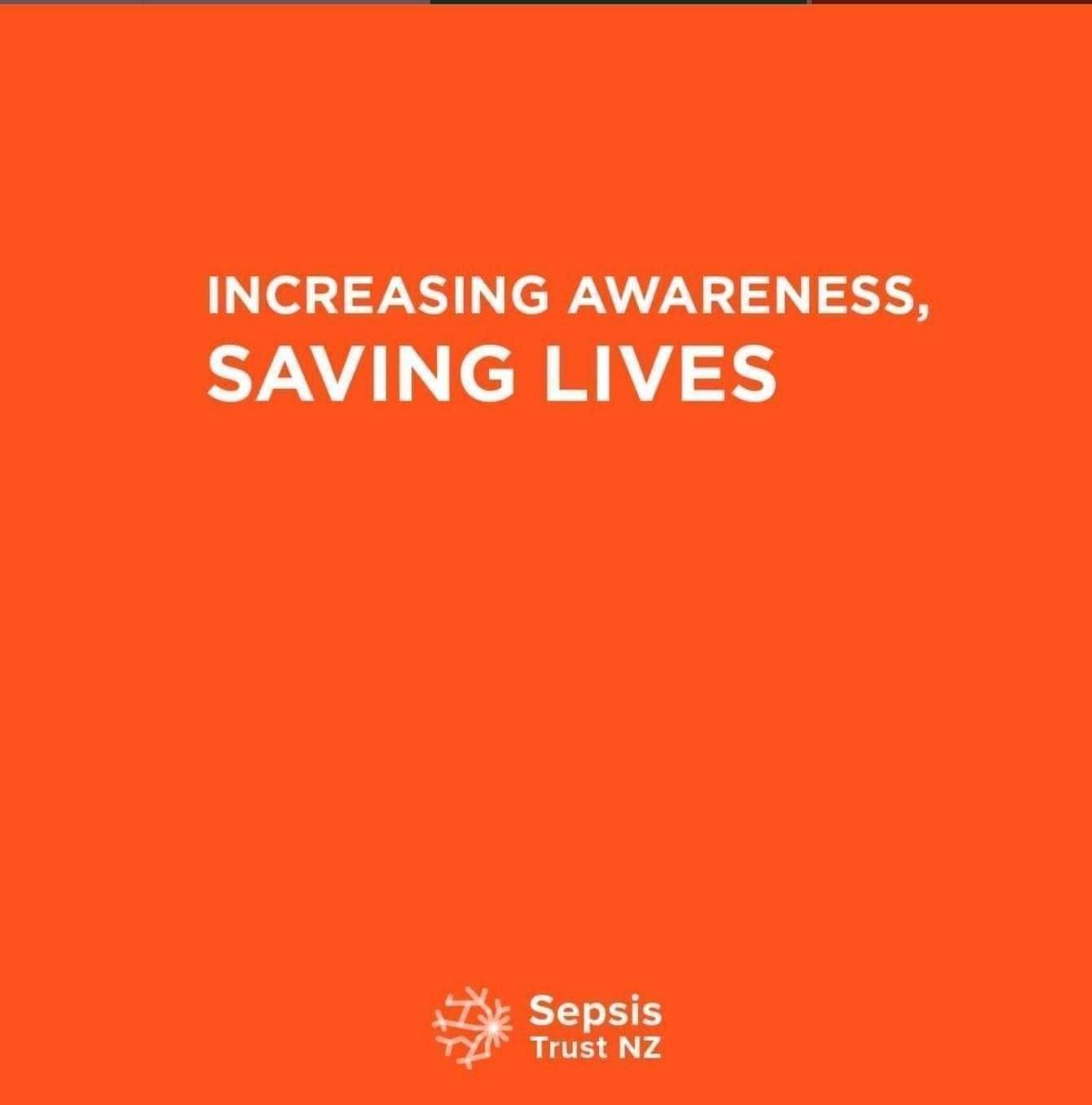What is Sepsis?
We are on a mission to raise awareness of sepis.
There are several challenges to increasing awareness of sepsis. These include:
Complex Symptoms: Sepsis symptoms can be quite vague and overlap with other common illnesses like flu or urinary tract infections. This makes it difficult for both the public and healthcare professionals to recognise it early.
Lack of Public Education: Unlike conditions such as heart disease or diabetes, sepsis doesn't receive as much attention in public health campaigns. Many people have never heard of sepsis, despite it being a leading cause of death.
Misconceptions: There are misconceptions about sepsis, such as confusing it with blood poisoning or septicaemia. This can lead to misunderstandings about its seriousness and the need for urgent treatment.
Delayed Diagnosis: Since sepsis progresses rapidly, there's often a narrow window for diagnosis and treatment. Delays in recognising and treating sepsis can lead to severe complications or death.
Inconsistent Documentation: Inconsistent documentation of sepsis which has caused extreme illness, death and morbidity can significantly impact awareness. This creates gaps in data, making it difficult to understand the true prevalence and impact of sepsis and therefore hinder public health campaigns and education. It also impedes the urgency or treatment, research and the development of effective treatment protocols.
If you would like to help the Sepsis Trust to raise awareness, please complete the form below and we will come back to you. Alternatively, you can donate to our charity using the "Donate Today" button at the top of this page.
What causes sepsis?
When microorganisms (germs), such as bacteria, fungal or viral infection get into your body, they can cause an infection. If that infection isn’t stopped, it can cause sepsis. Sepsis is not an infection, but an inappropriate response to an underlying infection.
The most common infections that cause sepsis are:
An infection of the lungs
An infection of the kidneys and bladder
Infection of skin, joints and/or bone
A problem in your abdomen (puku) like a hole in the bowel
An infection that starts in the bloodstream and heart

